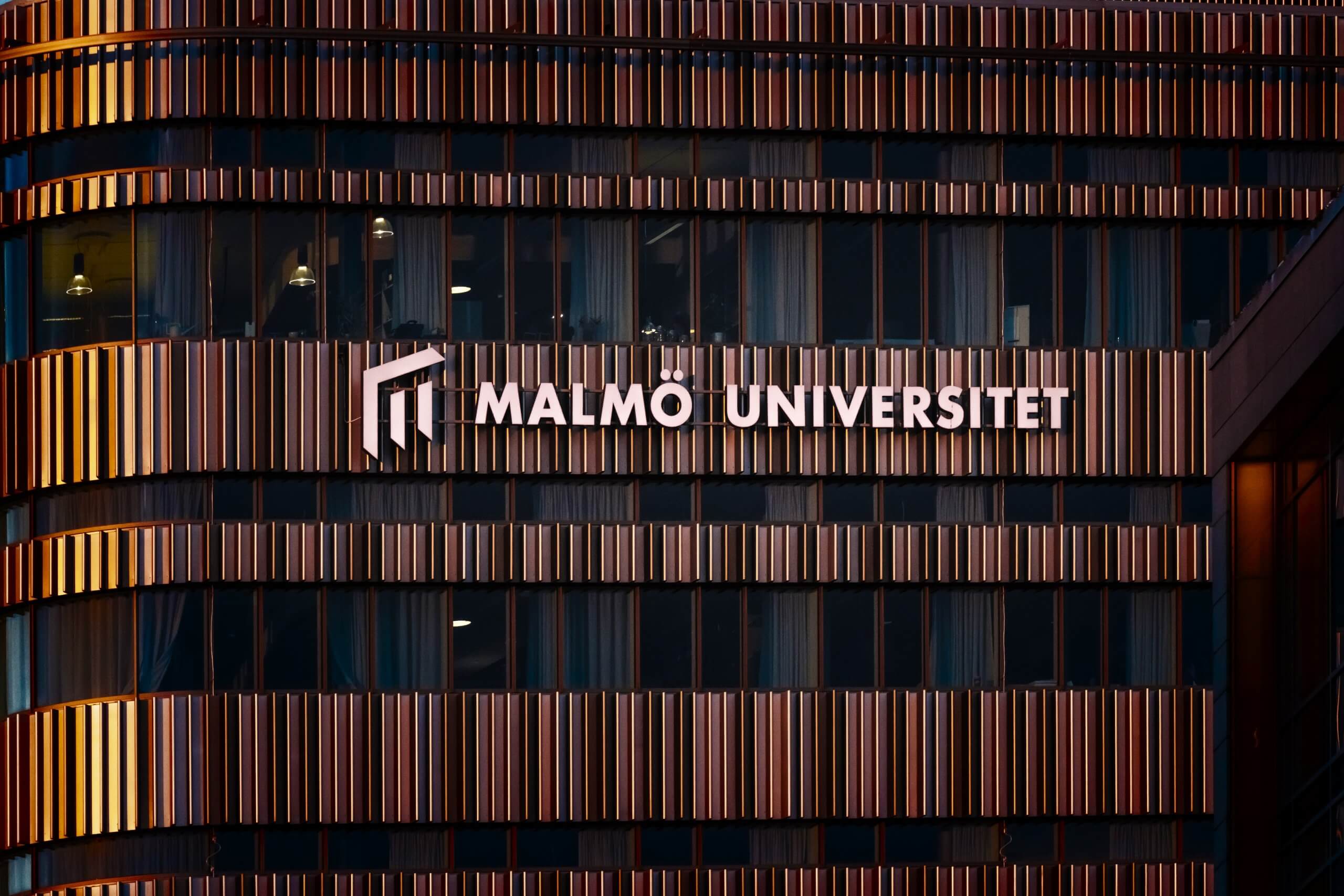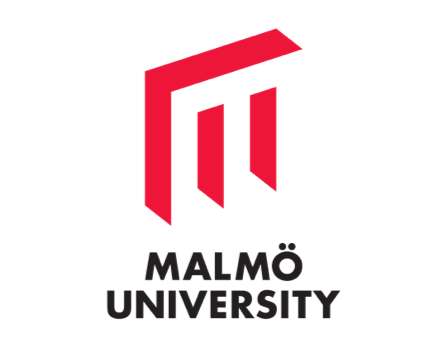Our fascination with the power of computers is nothing new. This awe at machines intelligent to the point of imitating humans goes back thousands of years. Ancient Egyptians built and consulted divine statues from wood and stone. Ancient Greeks told stories of the god of invention and blacksmithing Hephaestus, who engineered robots to protect the island of Crete from invaders.
Not much has changed – today, we rely more on “Alexa,” than we do the people around us. Technology, however, has progressed leaps and bounds. With the explosion of big data and the exponential increases in computing power and storage, we are living through a time of immense digital transformation. Last month, news broke of a machine that had reportedly achieved “quantum supremacy” one million times greater than the record currently held by Sycamore, a quantum computer built by Google. Unlike Thomas Edison testing nearly 1,600 different materials – including coconut fibre and beard hair – for years, labs can now computationally model materials and predict their properties without that material even needing to exist physically.
These new scientific tools are giving us the resources to solve problems that do or have yet to exist. How do you determine magnetic fields in astrophysical and fusion plasma – and what applications will these findings have? How can data help support flexible and sustainable transportation in Greater Copenhagen? Why are businesses which are adept at acquiring, processing and leveraging data more profitable than those which are not?
The process of using computers to discover and solve is a stimulating and educational one, and in Sweden, two of Malmö University’s programmes teach how.
The Master’s Programme in Computer Science: Applied Data Science offers a comprehensive understanding of the fundamental aspects of data modelling, computational techniques, statistical analysis, and more. This two-year programme covers the entire data management process from data collection, through to data processing and analysis and ultimately to visualisation and reporting of results. Students will study and apply methods and algorithms that are used by data analysts and engineers, as well as use techniques within a variety of fields such as applied mathematics and statistics, machine learning and cloud services for large data sets.

Source: Malmö University
“We’ve created the programme in response to the growing need from the industry to develop a new class of professionals skilled in both computing and data analytics. To this end, the curriculum s graduates to address data-intensive problems from a variety of fields, think critically about data, and drive decision making processes in the public and private sectors,” says Programme Coordinator Radu-Casian Mihailescu. These are complemented by project-based courses and thesis work to develop research skills, as well as various seminars that guest researchers and researchers at the faculty deliver on a regular basis.
In the two-year Master’s Programme in Computational Materials Science, students gain a fundamental, robust and versatile background in state-of-the-art programming, modelling and materials engineering – all of which are competencies sought by industry today. Theoretical courses train students in how materials behave and what mechanisms are of importance under different conditions. Through materials modelling and advanced programming courses, students will learn how to predict a material’s response.
“These theoretical and practical understandings jointly provide the tools necessary to design new materials for extreme environments. This could be, for example, the high stress and temperature environments commonly found in the aerospace and nuclear industries,” explains Jörgen Ekman, one of the developers of the programme.
Both programmes are offered by the Faculty of Technology and Society, where 2,750 students and 90 employees representing over 20 nationalities call home. Studying here is interdisciplinary and dynamic – there are always guest lecturers, study visits and project courses with external clients.
A dynamic life in Malmö
Young, vibrant, and innovative – Malmö has plenty to offer international students. Filled with restaurants, stores, galleries, entertainment venues, and restaurants that range from Michelin star to falafel joints, it’s the perfect place to spend the weekend. Explore Gamla Stadan, stroll down Vastra Hamnen, enjoy a day at Ribersborg Beach – once you’ve covered most of its pedestrian cobblestone streets, take a drive to Copenhagen (only a 30 minutes away) or Stockholm (two hours away).
In the last seven years, almost 30 companies have moved their headquarters to Sweden’s third-largest city. Every day, an average of seven start-ups are launched. There is an energetic, entrepreneurial buzz here, which explains why Forbes has ranked it the fourth most innovative city in the world.
Multidisciplinary master’s programmes, a dynamic faculty and a truly international city – you’ll find the right knowledge, skills, and experience at Malmö University.
Follow Malmö University on Facebook, Twitter, YouTube, Instagram and LinkedIn
Like this? Then you’ll love…
Data scientists will lead the digital age
Malmö University: Material engineers and designers for the 4th Industrial Revolution











